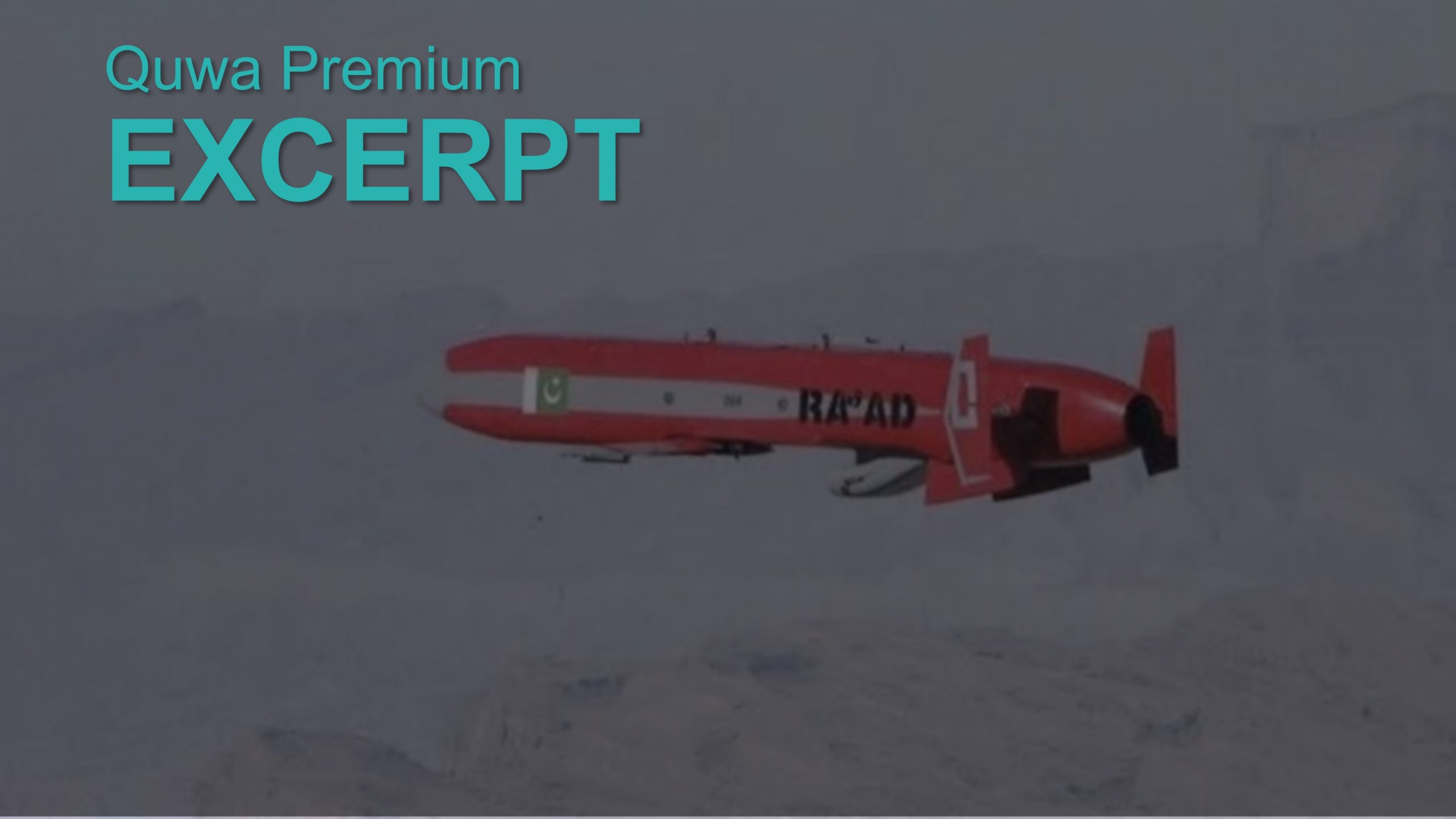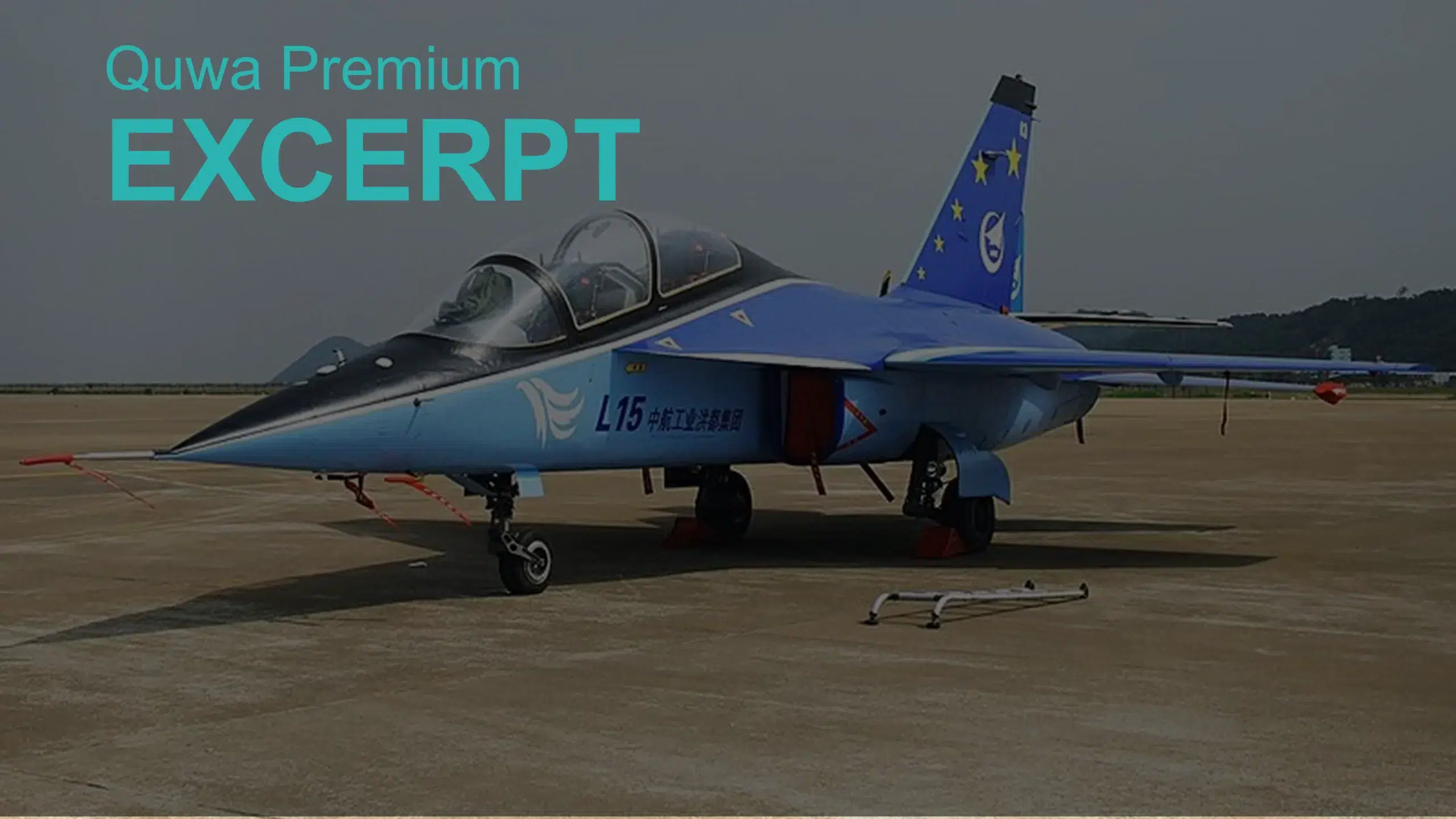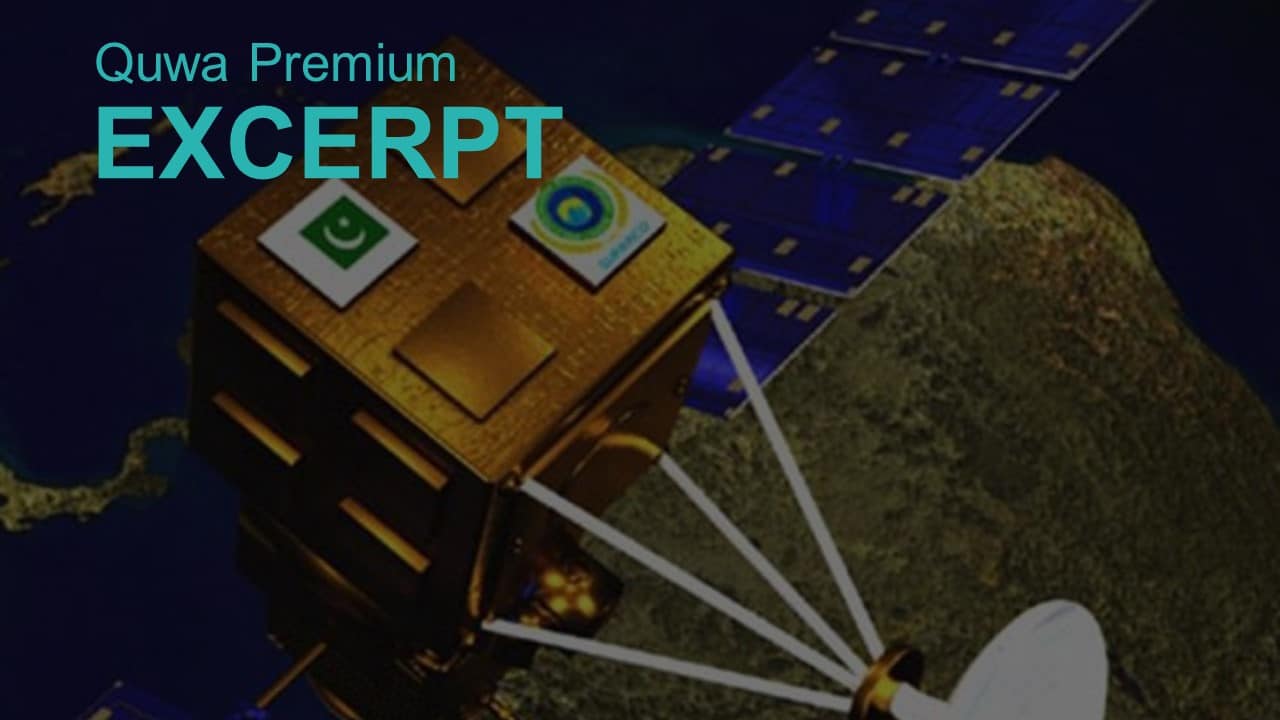2376Views

The Real Threat to Pakistan’s National Security – Part 3
In parts one and two we discussed the various policy and administrative measures that could be taken to rescue Pakistan’s R&D capability from a dangerous slump. Where part-two discussed management styles, secrecy, and compartmentalization, part-three will discuss the right approach to research.
If implemented, the recommendations presented in this article can allow military and strategic state-owned enterprises (MS-SOE’s) to utilize existing resources to greatly improve Pakistan’s R&D capability and achieve new technological heights.
In effect, these recommendations are “R&D force multipliers” in that they are quick, easy, and cheap to implement, and can have dramatic effects on technological prowess of MS-SOE’s in all fields.
A Culture of Research
The importance of technical prowess of individuals and the value of merit is nowhere as crucial as it is in research organizations, where the success of the organization relies on the ability of good researchers to reach the top and spread their ideas. Thus, it is vital that policies are implemented that allow such people to be attracted to and flourish at MS-SOE’s.
Research flourishes when talented experts can frame their own personal research goals that serve an overarching organizational goal. That is, the entire organization should not be working exclusively towards the detailed implementation of the plans of a single individual, however gifted they may be. The potential of each researcher in the organization should be fully utilized by letting them do exploratory and lateral research, instead of assigning them developmental grunt work…
Finish the article by logging in or by subscribing to Quwa Premium
Funding University Research
Funding university research is not given its due importance in the research ecosystem of Pakistan as detailed in a previous article. It is usually seen as a token action done to advertise “academia-industry linkages”, with little or no output to show for it.
Unfortunately, MS-SOE’s have unrealistic expectations and therefore do not believe that universities can help their cause. In essence, MS-SOE’s dramatically underestimate the funding needed to conduct research in universities, and invest paltry and token amounts, while expecting grand returns.
There are several notions held by MS-SOE’s that need to be corrected.
Finish the article by logging in or by subscribing to Quwa Premium
Cultivating the Right Human Resource
To accelerate the pace of technological advancement in Pakistani research organizations, foreign-trained professionals are required. Fortunately, our planners realize this and there exist numerous programs where officers and university faculty are sent abroad for funded PhDs. Unfortunately, this program has had limited success due to several reasons.
Firstly, obtaining a PhD from a well-reputed international university is often not enough to gain a significant amount of experience. For that, industrial experience is required. As these PhD students are expected to return to Pakistan immediately after completing their degrees, they merely possess degrees and abstract knowledge, but little or no practical experience. Furthermore, these individuals’ motivation has not changed, and they may be pursuing foreign degrees for extended vacations and promotions when they return.
Finish the article by logging in or by subscribing to Quwa Premium
End of Excerpt (503/2,395 words)
You can read the complete article by logging in (click here) or subscribing to Quwa Premium (click here).
For More Insights on Pakistan’s Defence Industry:


